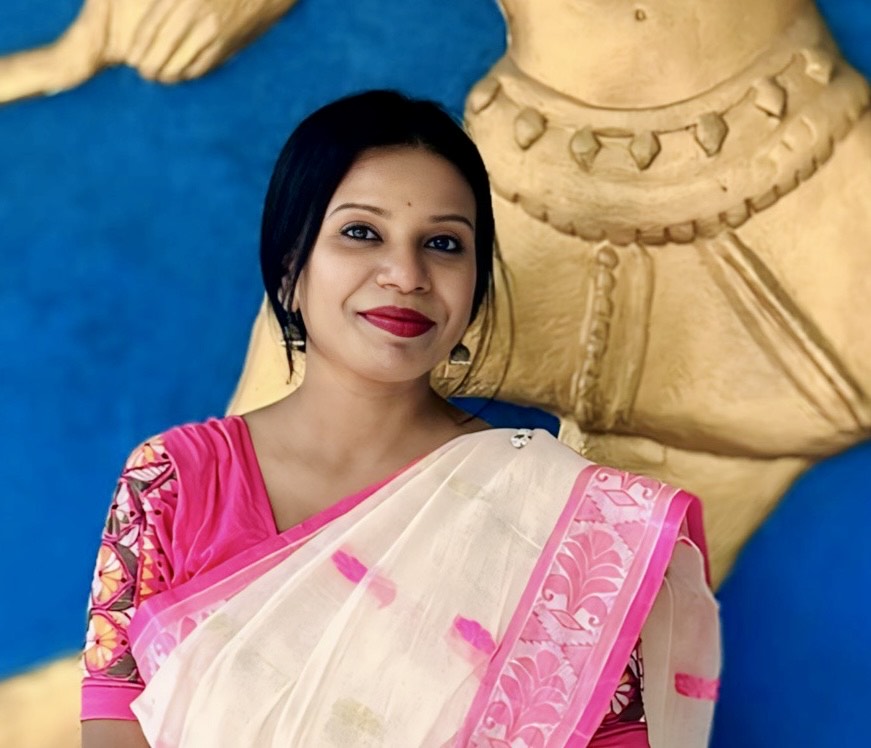
A Kiss Through the Darkness
When I discovered I suffered from depression and anxiety, I decided to make peace with them. They became my companions, teaching me to avoid people, though not strangers. I often found myself in bars, drinking recklessly. I kept telling myself that each night would be the last. But night after night, I met different women. I drank without care, to the point of forgetting my own name, but never could I forget my depression and anxiety.
Sometimes, as I undressed women who wanted to be with me—drawn to my humor, I suppose—my eyes would fill with tears. They would kiss them away, offering me comfort that felt foreign. I was lonely, and my parents didn’t understand my struggles. When I told my mother I felt guilty, her response was, “Maybe you hurt a friend.” But I had no friends, just the bullies who tormented me. I longed for someone to hear the silent screams of my heart.
In those bars, some women pulled me into their world of lust. I became a slave to their desires, some of them married. I had to stop drinking, but I found myself offering something else—my body—to appease my sadness. I remember one woman dancing, and when she turned around, she kissed me as I headed for the washroom. Seconds later, she apologized as her husband, sitting in a wheelchair, laughed tearfully, saying, “You chose him over me, after all these years.”
She didn’t care. She grabbed my hand, led me to her sports car, and drove us to her house. We continued drinking, undressing each other. She saw my tears, smiled, and passed me a cigarette. We sat there, naked, smoking in silence. She stared at me as I coughed, struggling with the cigarette.
“Is this your first time smoking?” she asked.
“Yes,” I replied. “But drinking? I’m fine with that.”
“Are you trying to drink yourself to death, young man?” she pressed.
“Maybe. I’m always suffering alone, and no one at school wants to sit with me. My parents are too busy with their lottery winnings to notice.”
“Is that why you cry, like an orphan who learned the war was over only to discover his parents are gone?”
“I think I was adopted just so they could have someone to raise, a cover for their wealth.”
“Money doesn’t buy happiness, and you’re spending their fortune on your own slow death.”
“I feel like I was born with a lifetime of grief. Drinking numbs my sensitivity, my inner peace, and most of all, the masks I wear to hide the pain in my mind and heart.”
“Do your friends care about the person you are in these bars?” she asked.
“I think they’d prefer I sober up so I can decide whether to pull the trigger or keep cutting myself.”
“Are your friends alive?”
“I’m alone. Depression and anxiety gave me a second chance at life.”
“Are you happy to be alive now?”
“I’m not sure. I feel like I’ve been alive for too long.”
“Have you ever fallen in love?”
“I don’t think I’m capable. I’ve always felt unworthy of love, even from my family. The only person who loves me, though she doesn’t understand me, is my mother.”
“Can I help guide you toward healing? Toward confidence?”
“Thank you, but life has been wearing me down, slowly, like a candle melting its own wax.”
“Will you let me adopt you before I die?” she asked, tears welling up in her eyes. “I want to heal you because you’re young and deserve a better life.”
I was confused by her mention of death. As I dressed to leave, she screamed, “I love you! Please, let my remaining days be filled with the happiness of helping you become a better man.”
I turned back and hugged her. We both cried.
Because of her, I became sober and successful. She healed me in ways no one else could, and in return, I tried to help heal her. She overcame her illness, and we became the best of friends, forever grateful for that accidental kiss.
Now, I am happily married to a strong woman who chases away the shadows of depression and anxiety from my dreams. Together, we’ve built a life filled with love and understanding. I’ve learned that we must talk about our weaknesses and embrace the help offered by those we trust.


